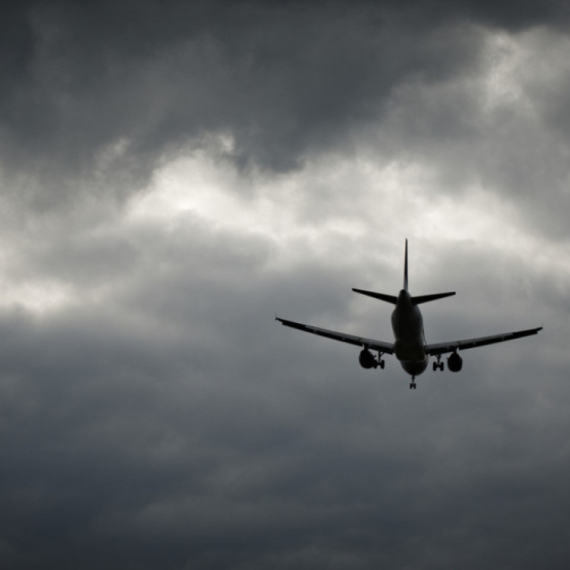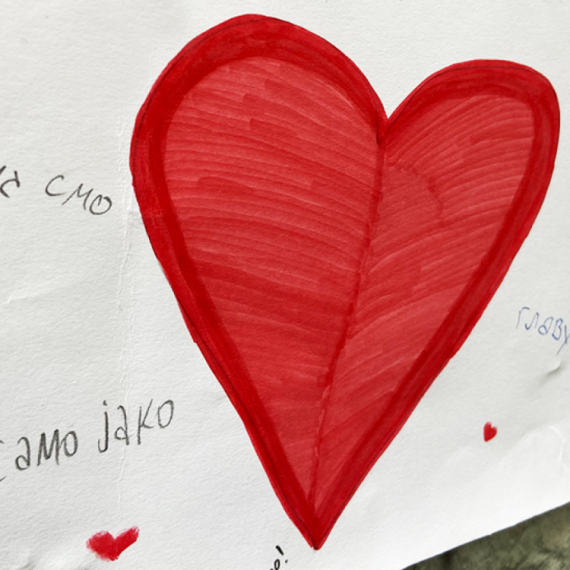Bulgaria offers citizenship to Gorani community
Bulgaria is intensifying efforts to provide citizenship and other benefits to the poverty-stricken Gorani community in Kosovo and Albania, SETimes writes.
Thursday, 19.04.2012.
14:07

Bulgaria is intensifying efforts to provide citizenship and other benefits to the poverty-stricken Gorani community in Kosovo and Albania, SETimes writes. However, critics say the country is misusing its EU member state status to advance long-standing assimilatory policies of other ethnicities. Bulgaria offers citizenship to Gorani community The Gorani, most of whom are Muslim and identify as Macedonians, live in 18 villages in the region of Gora as well as in the adjacent Zhupa and Prespa regions in the Albania-Macedonia-Kosovo border area. Macedonian-Gorani Association President Avnija Rahti said that the Bulgarians, accompanied by a lawyer, were trying to persuade the Gorani of the benefits of Bulgarian citizenship, including potential employment in EU countries as well as free schooling in Sofia and Plovdiv. “All the Gorani need to do is sign documents declaring they have Bulgarian origins and are Bulgarian,” he explained. The Bulgarian Constitution provides the option for individuals to acquire Bulgarian citizenship through a "facilitated procedure," established in the country's citizenship act, SETimes writes. The Agency for Bulgarians Abroad, which organizes the visits, has featured a 2010 strategic document on its website explaining that the policy aims to unite all Bulgarians in the region and raise the nation's plummeting birth rate. Over 16,000 Macedonians obtained Bulgarian citizenship last year, along with nearly 2,000 Ukrainians and 1,000 Serbs, but only six Kosovo citizens, according to the Agency’s data. "Nearly 1,500 inhabitants of Gora, Zhupa and Prespa have obtained Bulgarian citizenship," Association of Bulgarians in Albania Head Gezim Kurti told SETimes. Bulgarian scholar Antoinette Primatarova suggested in an article earlier this year that Prime Minister Boyko Borissov was eager to breathe new life into Bismarck's saying the Bulgarians were "Prussians of the Balkans." But not everyone agrees, SETimes writes. Bulgaria is taking advantage of being an EU member to continue its 19th-century assimilation policy against Macedonians and others, according to World Macedonian Congress President Todor Petrov. "This time Bulgaria is using 'passport politics' in addition to the time-tested material benefits aimed at some of the poorest Balkan people," Petrov told SETimes. A view of Sofia Tanjug
Bulgaria offers citizenship to Gorani community
The Gorani, most of whom are Muslim and identify as Macedonians, live in 18 villages in the region of Gora as well as in the adjacent Zhupa and Prespa regions in the Albania-Macedonia-Kosovo border area.Macedonian-Gorani Association President Avnija Rahti said that the Bulgarians, accompanied by a lawyer, were trying to persuade the Gorani of the benefits of Bulgarian citizenship, including potential employment in EU countries as well as free schooling in Sofia and Plovdiv.
“All the Gorani need to do is sign documents declaring they have Bulgarian origins and are Bulgarian,” he explained.
The Bulgarian Constitution provides the option for individuals to acquire Bulgarian citizenship through a "facilitated procedure," established in the country's citizenship act, SETimes writes.
The Agency for Bulgarians Abroad, which organizes the visits, has featured a 2010 strategic document on its website explaining that the policy aims to unite all Bulgarians in the region and raise the nation's plummeting birth rate.
Over 16,000 Macedonians obtained Bulgarian citizenship last year, along with nearly 2,000 Ukrainians and 1,000 Serbs, but only six Kosovo citizens, according to the Agency’s data.
"Nearly 1,500 inhabitants of Gora, Zhupa and Prespa have obtained Bulgarian citizenship," Association of Bulgarians in Albania Head Gezim Kurti told SETimes.
Bulgarian scholar Antoinette Primatarova suggested in an article earlier this year that Prime Minister Boyko Borissov was eager to breathe new life into Bismarck's saying the Bulgarians were "Prussians of the Balkans."
But not everyone agrees, SETimes writes.
Bulgaria is taking advantage of being an EU member to continue its 19th-century assimilation policy against Macedonians and others, according to World Macedonian Congress President Todor Petrov.
"This time Bulgaria is using 'passport politics' in addition to the time-tested material benefits aimed at some of the poorest Balkan people," Petrov told SETimes.

















































Komentari 12
Pogledaj komentare